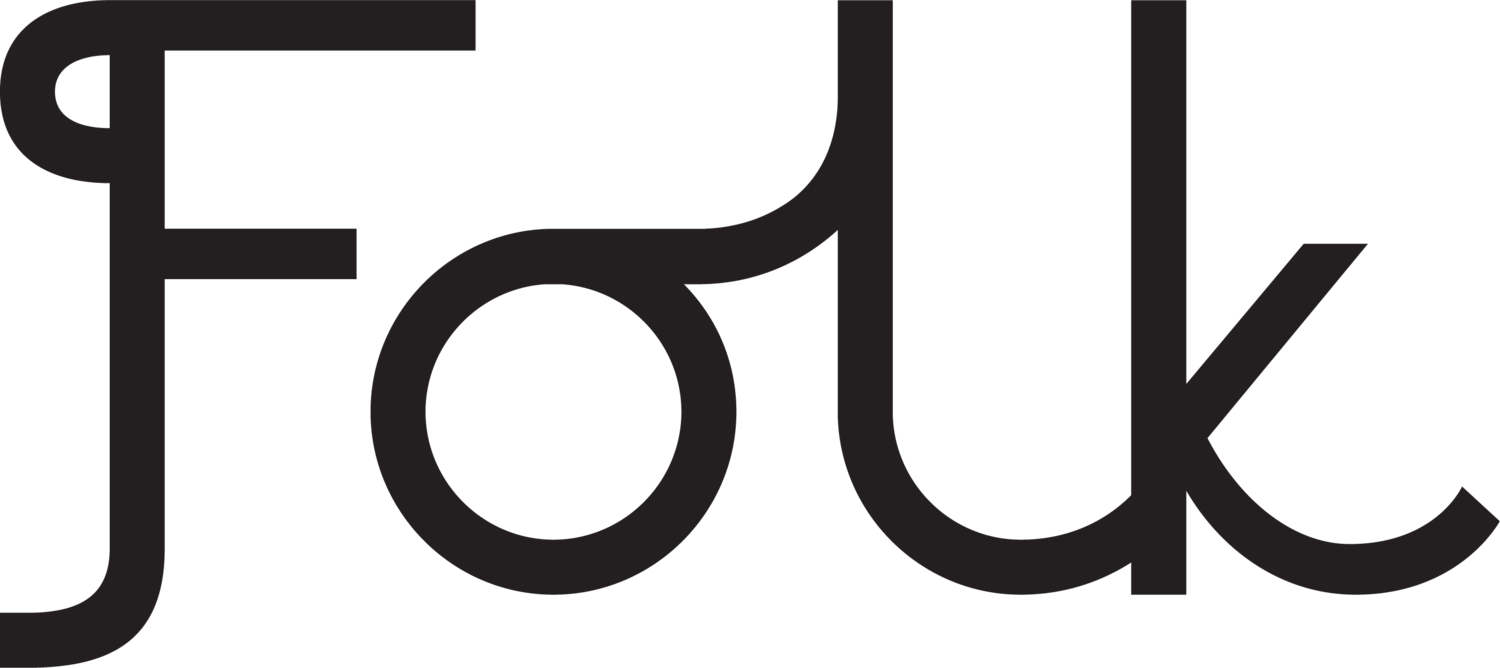Virgin Startup hosted an evening of talks and networking last week and Folk attended with both a desire to teach and a hunger to learn from budding entrepreneurs.
The talks saw entrepreneurs from different stages in their business. From established brand builders through to exciting startups in their infancy.
Silicon South produced a video from the evening with the help of their Bournemouth University interns, take a look:
Here is what we managed to take away from what was an inspiring and personal event.
Jimmy’s Iced Coffee
It’s easy to see Jimmy’s Iced Coffee as a success. But the conversation last week, at the Virgin Start-up Meet, was much more about ‘how are we making it?’. Put another way: the journey of a startup is not about getting there, it’s about the journey. Here are some takeaways:
Have hunger and drive
Tell a real story
Have a plan
Make a rad product or sell a rad service
Trust your instinct
Learn to say no
Build an epic team
Jimmy also loved finding inspiration in unexpected places, quoting Sister Act II, Babe, Steven Spielberg, and many more. Can you put the name to each of these?
"If you wanna be somebody. If you wanna go somewhere, you better wake up and pay attention."
"The little things that tickle and nag and refuse to go away should never be ignored. For in them lie the seeds of destiny."
"So you have to, every day of your lives, be ready to hear what whispers in your ear."
"Keep your chin up."
“Tell me, what is it you plan to do with your one wild and precious life?”
Joanna Cruickshanks - folk
Twenty-something years of brand, business and yoga came together to build Jo’s talk: Liam and the Lama. These two pop icons - Liam Gallagher, and the Dalai Lama - offer very different opinions on what makes success. But by fusing their approaches, and passing them through Jo’s unique filter, the talk dramatically shifted the lens on the way we do business, and why we do it at all. Here’s a recap:
You don’t live forever
Jo began by thinking about the end. Cue the epitaph-writing task, where audience members were asked to think about the person they wished to be remembered as. The upshot: only by understanding our end goal can we can act accordingly to achieve it.
Know yourself
Your inner compass, and knowing what’s right by it are absolutely essential to business integrity. As a new startup, you’ll be pulled left, right and centre by a lot of different people. To know yourself is to know how to react to these deviations - whether it’s good advice, bad advice, roadblocks, hurdles, or celebrations.
No Pony
Liam knew with great clarity what needed to be done and why, which ultimately contributed to the success of Pretty Green. “Pony” was always his way of saying something was superfluous or beside the point. No Pony equals success.
Connect with your fans
Liam’s decision to live-stream and chat with his tribe brought the people what they wanted: a direct link to the rockstar himself. That’s why they still continue to love him and his brand today.
Be fearless
Liam’s famously an in-your-face guy. The Dalai Lama once said, “Know the rules well so you can break them effectively”. Two kinds of fearlessness from very different perspectives.
Jo believes Liam understood the Lama’s breed of fearlessness. He knew exactly what the market was, and how it behaved… which is why he was able to disrupt it so well.
Be different
Different is better than better, or so says the Folk mantra. In a world where almost every market is saturated, running the path of betterment can only lead to a price war, which will ultimately leave you cheapening your brand just to get sales. The path of difference stands proudly above that problem.
Tell the human story
Today, the old model of ‘creating a service, and the customer will buy it’ doesn’t work. There’s simply too much choice, and the consumer now lives in an age where they call the shots. Only by listening deeply to what they want, and telling your story in a way they want to hear can a business be successful. There has never been a better time to be a startup, but you’ll only win by putting humans first.
Never, ever, give-up.
You will go home, and you will lose faith.
The key thing is to never lose hope. Up-and-downness is a natural part of running a successful business, and in fact, it’s only by facing these hurdles that you’ll become a more resilient leader down the line.
Make a difference.
“If you think you’re too small to make a difference, try sleeping with a mosquito.”
It’s often not about changing the world, says Jo. She believes that the small changes we make add up to create a positive impact for future generations.
Start a revolution from your bed
When we have something on our mind at night, we come up with ideas. These ideas spark motion, and these motions could be the start of a revolution. You just never know.
Definitely, maybe
Buddhism teaches the art of non-attachment. Everything said here in this blog might or might not apply to you.
A key aspect of growing a startup is to drop and change things as they come. Be adaptable. Never let an idea that you’re attached to stay for sentiment’s sake.
Arun - Hollabox
Hollabox is a free to use social network that lets users discover the local world around them. The application allows people to see real-time activity from any local friends, people. events and businesses, including a wealth of shops, restaurants and entertainment venues.
Arun pointed startups to some amazing online tools that can remedy common challenges. He also shared some clever ‘hacks’ to help you bring your startup to life visually and get you off the ground.
Arun’s main point was that you should begin trying and experimenting with creativity, something we strongly believe at Folk, as by exploring new territories allows you to learn.
Noel - Get lost sailing
Noel’s online business brought powerboat trips to Poole.
He learned early on that between 95-99% of people who found his website never came back. In fact, he needed to hit them with three touchpoints before they bought anything.
After lots of strategizing, he found that a video-based sales funnel was the answer. Noel shared his insights, tips and tricks he discovered along the way.





